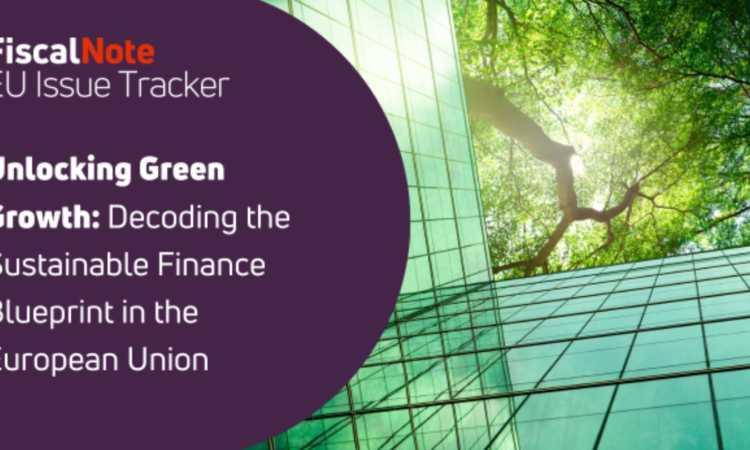
The Green Print: Environmental Delegated Regulation
In June 2020, the EU officially adopted the Taxonomy Regulation, which defines the technical screening criteria — the indicators used to ensure that economic activities are aligned with the 2050 net-zero trajectory. Since 2020, the Commission has amended the Taxonomy to expand the list of covered economic activities.
The latest amendment, the Environmental Delegated Act, officially adopted in November 2023, expands the scope to involve varying economic activities. Investments to renovate buildings would only be deemed to be sustainable if they maintain 50 per cent of the original structure intact, designs must be adaptable, and the use of primary raw materials limited to be considered as contributing to the transition to a circular economy.
All economic sectors under the Taxonomy Regulation and its amendments need to contribute substantially to one of the technical screening criteria while ensuring that their investments do not cause significant harm to the other criteria. The Delegated Regulation requires that companies follow the requirements to invest in the economic sectors covered in the legislation, or their investments could not be deemed to be sustainable. such as active pharmaceutical ingredients (APIs), refurbishment of goods, or providing accommodation services. The EU is aiming to transform investments to ensure that the green transition is applied to all economic sectors, and not just finance.
European Green Bonds
The EU recently adopted the European Green Bond standard, set to take effect starting December 2024. This voluntary standard allows issuers to use the “green bond” label if the proceeds are invested into sectors complying with the Taxonomy Regulation or if up to 15 per cent of the proceeds are used for sustainability-linked investments.
These changes aim to solve transparency issues and prevent greenwashing. The issuers of European Green Bonds will now be required to disclose allocation reports for the proceeds they have collected. Additionally, all European Green Bonds would need to be approved by an external auditor. Key information would need to be sent to the national competent authorities and European supervisory authorities.
Green bonds’ issuance grew a staggering 75 per cent between 2020 and 2021, pushing the total issuance past the half-trillion-dollar mark in the process. And 2023 numbers have already surpassed that. It’s noteworthy that the EU is the largest issuer of green bonds in the world. The continued growth of the green bond market is why the EU is making this push to set norms — albeit voluntary — to ensure transparency in sustainable investments.






